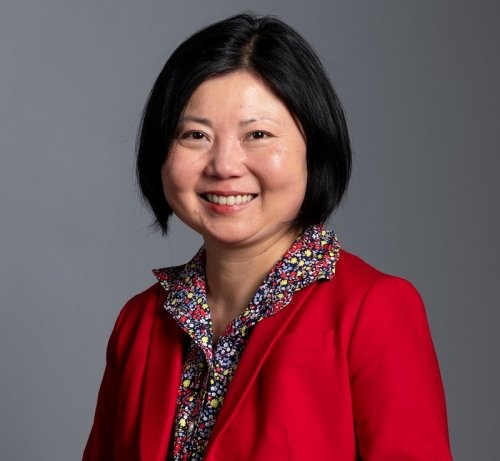Tensions of the Endless Frontier
Geostrategic Competition and the Lives of Scientists
My project focuses on the period from 1945-1949, when many elite Chinese scientists made the fateful decision to remain in China, go with the Nationalist government to Taiwan, or go into exile abroad, including to the United States. These decisions reflected their personal circumstances, political affiliations, as well as the contingencies of a chaotic period of civil war. I plan to focus on three specific case studies of Chinese scientists in the 1940s against the backdrop of the longer history of Sino-US engagement in the sciences: the meteorologist Zhu Kezhen (Co-ching Chu 1890-1974), the aerospace engineer Qian Xuesen (1911-2009), and physicist Chien-Shiung Wu (1912-1997). All three were trained in the United States. These are people who faced difficult and limited options at a historical turning point. By focusing on these case studies, I seek to restore individual agency to narratives about science and technology policy told from above.
My project places the history of science in modern China in the larger context of the history of the 20th century world, taking into account the intersection of trends in the development of modern science and multiple domestic, transnational, and global political and cultural currents. To fully address the impact of geostrategic competition with China on US science and technology policy, it is necessary to understand the longer arc of the US-China connections in science.

Shellen Wu
Shellen Xiao Wu is associate professor and the L.H. Gipson Chair in Transnational History at Lehigh University. Her new book, Birth of the Geopolitical Age: Global Frontiers and the Making of Modern China (Stanford University Press, 2023) traces the global history of the frontier in the twentieth century, with an emphasis on China. The global history approach provides a new perspective on the continuities and evolution of the construction of Chinese territoriality from the late nineteenth century to the People’s Republic of China after 1949 and shows how the subsequent reshaping of Chinese geopolitical ambitions in the twentieth century continues to reorder global power dynamics in East Asia and the wider world to this day.
Her first book, Empires of Coal: Fueling China’s Entry into the Modern World Order, 1860-1920 (Stanford University Press, Studies of the Weatherhead East Asian Institute, 2015), argues that the changes specific to the late Qing were part of global trends in the nineteenth century, when the rise of science and industrialization destabilized global systems and caused widespread unrest and the toppling of ruling regimes around the world.
Wu has received fellowships from the Institute of Advanced Studies in Princeton, the National Humanities Center, the Luce/ACLS Program in China Studies, Fulbright, and the Mellon Foundation. She has published articles in Nature, The American Historical Review, International History Review, and other leading journals in history, history of science, and Asian Studies. She is the chair of the East and Inner Asia Council of the Association of Asian Studies (2022-2024) and president of the Historical Society for Twentieth Century China (2022-2024).